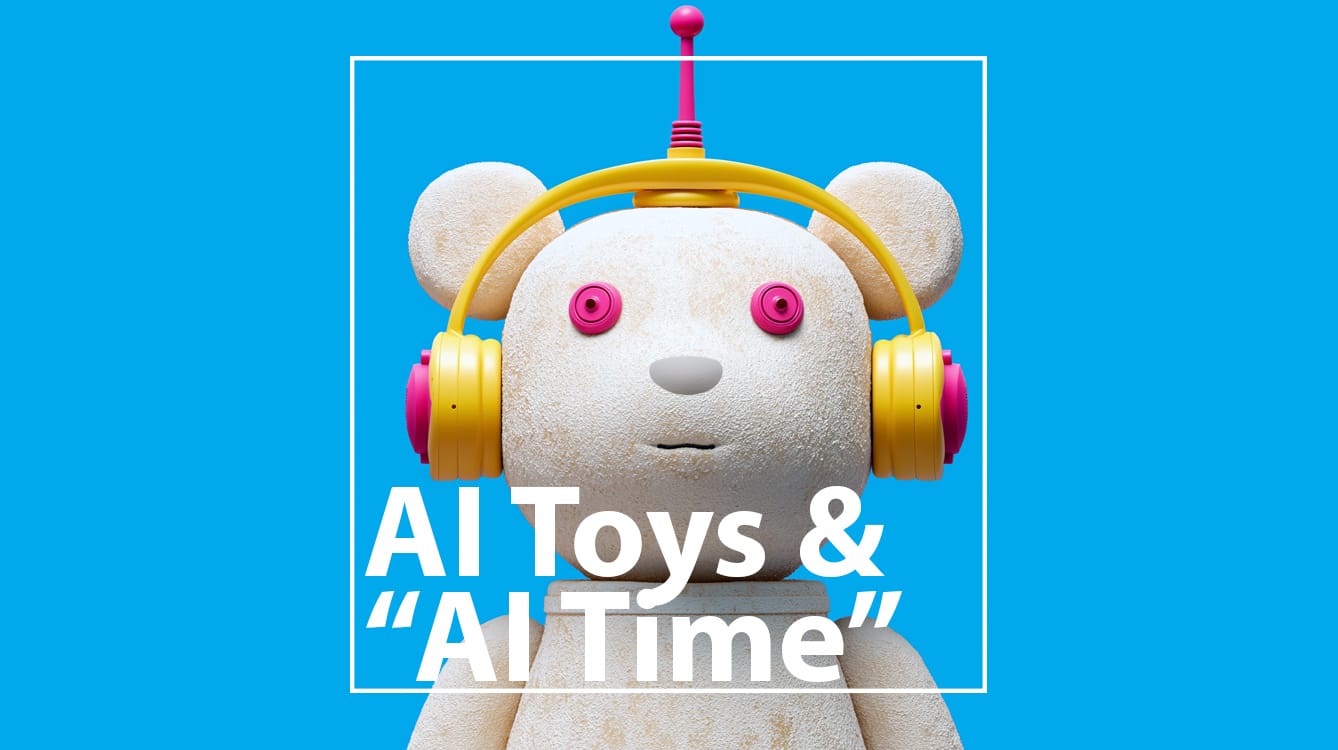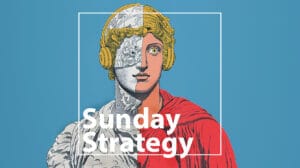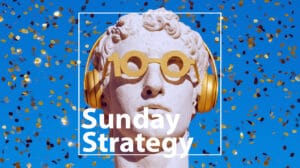Is ‘AI Time’ potentially poised to become the new ‘Screen Time’ for parents who are concerned with how their children engage with technology? As AI toys are increasingly pitched as screen free companions for children, there is a twist that replacing screens with AI may just trade one type of worry about digital immersion for another.
What Happens When AI Gets Cute?
While AI powered toys are still in their nascent stage, the foundation for growth is set, as OpenAI announces a partnership with Mattel, robot pets like Moflin sell out in Japan and AI plushes like Curio hit the market. Do these devices offer a new way for kids to interact and learn or are they an imperfect substitute for existing social interaction? The social impact of AI is already in the news ranging from AI psychosis and delusions to character AIs and artificial partners, but when it’s wrapped in a cute exterior, are we set to treat it differently?
The concept of a talking toy isn’t new. For children of the 80s and 90s, Teddy Ruxpin and others laid the groundwork for more advanced options in today’s world. Whereas those were nothing more than speakers, AI advancements have given the ability to embed full characters and interaction in today’s versions. This potential is estimated to grow the smart toy market from a current value of $14b to over $77b globally in the next ten years. Toys like Curio, backed by musician Grimes, Moflin, Cozmo, Loona and others use AI to learn the personality of those they interact with and adapt – building on last generation’s AI companions to be more lovable and cute.
Finding the Right Use Case for Kids
While many AI toys are being marketed as educationally valuable, and nascent studies have shown AI’s potential in this space, their emotional influence is rapidly pulling them into potentially risky roles as childhood companions. While they simulate and evoke feelings from children, some like Sherry Turkle (Director of the MIT initiative on Technology and Self) say that it lacks a key element – instead that ‘its simulated feelings are not feelings. Simulated love is not love, it never gives real empathy’. Research has already shown that AI relationships can often leave heavy users lonelier than before as simulated feelings struggle to replace the real thing. The lack of unpredictability may leave children with a similar social interaction deficit as screentime.
For nostalgic parents primed to try and pass on an analog childhood, these risks may allow the AI toy sector to overstep its optimal role in a child’s life. AI, similar to content delivered through digital screens, has a role in the world whether people like it or not. With college classes graduating that have never known higher education without AI, we are looking at entire generations who will grow up with a new relationship towards information and artificial intelligence. However, as AI devices position themselves as an alternative to the vilified concept of screen time, we run the risk of quickly swapping one problem for another.
Intention vs. Avoidance
Similar to the role we all have to discern for AI in our lives, deciding what it can enhance vs. what it replaces is integral. When we cede too much control to any technology, we rapidly tip the balance between its potential and risks and a similar outcome occurs when we fear it. A ‘screen free’ life may be an impossibility for most children in a modern age, as an ‘AI free age’ will be soon, but when we run between the spectre of different technologies, instead of trying to carve a space for the benefit – we may be left with something worse than what we feared. The antidote to one technology’s worry may end up being the gateway to another.
‘AI Time’ looks poised to become the next ‘Screen Time’ in cultural conversation amongst parents. However, instead of swapping one term for another – we may need to consider that the conversation about AI toys isn’t really about toys at all—it’s about what kind of childhood we want to intentionally create amongst accelerating technological change.





